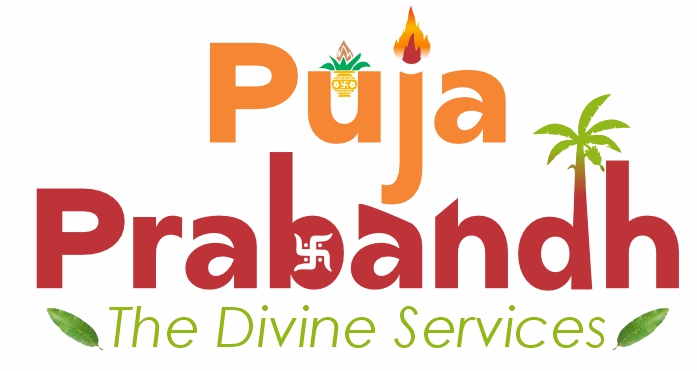Janmashtami, also known as Krishna Janmashtami or Gokulashtami, is a major Hindu festival celebrating the birth of Lord Krishna, the eighth avatar of Lord Vishnu. It is observed on the eighth day (Ashtami) of the Krishna Paksha in the month of Bhadrapada (August–September).
🕉️ Spiritual Significance
Janmashtami marks the divine appearance of Lord Krishna, who came to Earth to restore dharma (righteousness) and destroy evil. Celebrating Janmashtami fosters love, devotion, and joy, as Lord Krishna symbolizes divine love, wisdom, and playfulness.
🙏 Janmashtami Puja Rituals
- Fasting (Vrat):
- Devotees observe a fast throughout the day, often breaking it at midnight—the believed time of Krishna’s birth.
- Cleaning and Decoration:
- Homes and temples are cleaned and decorated with flowers, lights, jhankis (tableaus), and cradles for baby Krishna.
- Krishna Janma Puja:
- At midnight, the time of Krishna’s birth, the idol of baby Krishna (Bal Gopal) is placed in a decorated cradle.
- The puja includes abhishekam (bathing) of the idol with milk, curd, honey, and ghee, followed by dressing and adorning the idol with clothes and jewelry.
- Offerings (Naivedya):
- Devotees offer butter, sweets (especially ladoos and kheer), fruits, tulsi leaves, and traditional dishes as bhog to Lord Krishna.
- Chanting and Bhajans:
- Devotional songs, Krishna bhajans, and recitations of the Bhagavad Gita or Srimad Bhagavatam are performed with devotion.
- Dahi Handi (in some regions):
- A human pyramid is formed to break a hanging pot of curd or butter, reenacting Krishna’s childhood pastime of stealing butter.
🌼 Message of Janmashtami
Janmashtami celebrates divine love, joy, and devotion. Lord Krishna’s life inspires people to live with truth, courage, humility, and compassion while performing one’s duties with detachment and devotion.

